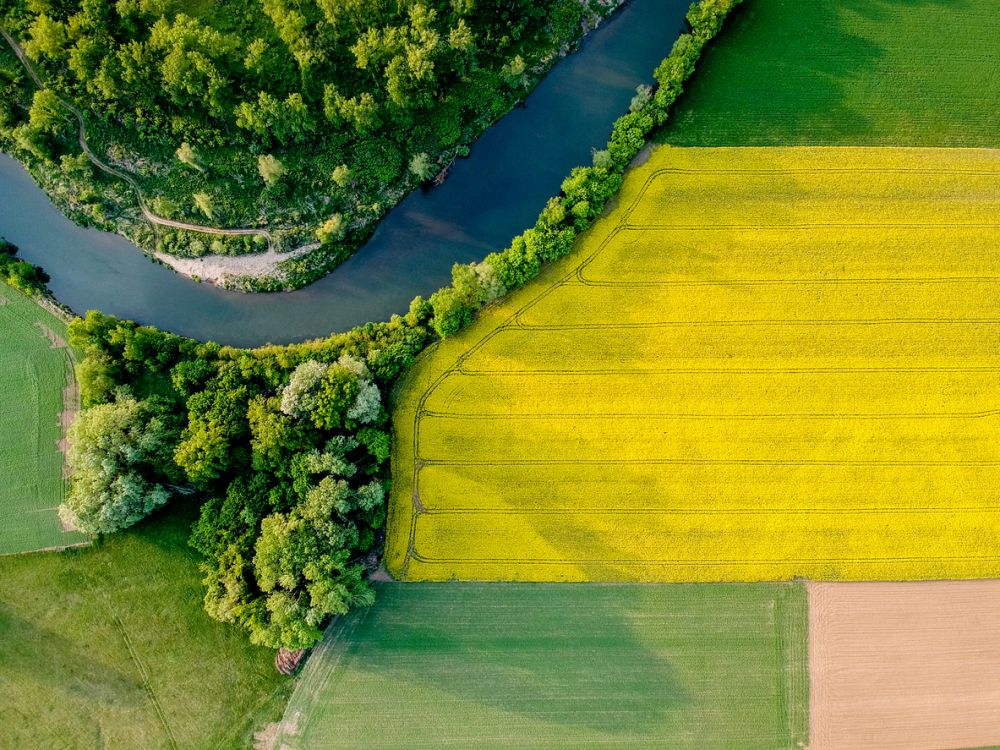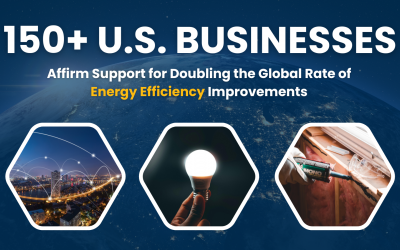EU Budget Proposal for 2028–2034 Sparks Concern Over Climate and Nature Funding Gaps
The European Commission’s €1.8 trillion budget proposal for 2028–2034 promises climate ambition and crisis resilience, but critics warn it risks sidelining nature and sustainable farming in favour of bundled green targets and industrial priorities.

The European Commission has unveiled its proposal for an ambitious Multiannual Financial Framework (MFF) for 2028–2034, promising nearly €1.8 trillion to shape the EU's future. Framed as a modernised, flexible framework capable of responding to multiple crises, from energy security to competitiveness, the budget also attempts to uphold climate and environmental ambitions with a broad 35% spending target on “climate and environment.”
Whilst the Commission emphasises a more integrated and strategic approach, critics argue that critical elements, like biodiversity and sustainable farming, have been sidelined in favour of vague environmental bundling and industrial competitiveness. Under the new budget, explicit EU-level funding for greener agriculture has been removed and the previously ring-fenced third of the Common Agricultural Policy (CAP) budget for climate-friendly farming has been scrapped. Instead, national governments will be left to decide how much to invest in sustainable practices.
The proposed CAP overhaul does include measures to cap subsidies for large farms and shift support towards smaller ones more in need. However, with decisions now largely left to Member States, environmental advocates fear that this will weaken collective EU ambition and create inconsistent national policies, with the potential to be shaped by agriculture lobbies that some say only represent larger industrial farms.
Nature protection also faces uncertainty. The LIFE Programme, the only EU fund exclusively focused on nature, climate and the environment, is reportedly at risk of discontinuation in the finalised budget, raising concerns about the union’s ability to implement its own Nature Restoration Law and global conservation pledges, including its admission of the urgent need to close the EU’s €65 billion annual biodiversity funding gap.
WWF has welcomed the decision to maintain a spending target for climate and biodiversity, although believes this target lacks ambition compared to previous budgets and more significantly, the target could be jeopardised by “continued and significant flaws in the Commission’s methodology for tracking green spending”.
“The 35% global target for environmental priorities risks becoming little more than a PR exercise by the European Commission if it is not backed by robust and transparent tracking methodologies,” warned Ester Asin, Director of the WWF European Policy Office. “By grouping all environmental spending under a single target, there is a real danger that biodiversity will be sidelined in favour of industrial priorities that may be presented as green investments.”
Elsewhere, Marco Contiero, Greenpeace EU’s Agriculture Policy Director, was equally critical: “Letting each national government decide how much to invest in making farming more sustainable threatens the common goal of European agriculture that works with nature and can thrive in a changing climate.” He stressed that, “Farmers need a common approach to make European farming more resilient and more fair, not a patchwork that stagnates the status quo and rewards rich polluters.”
The future of the EU’s long-term budget and revenue system will be decided by Member States in the Council, with adoption of the Multiannual Financial Framework (MFF) Regulation requiring unanimous agreement, following the European Parliament’s consent.
Read the press release about the proposal here






